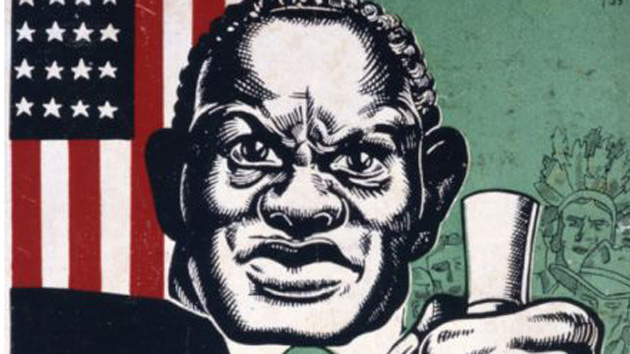
Claridad Coleccion
Barack Obama may be our first black president, but as Clarence Lusane writes in The Black History of the White House (City Lights), pop culture has long fantasized about African-American chief executives. We’ve compiled a slideshow of some fictional occupants of this esteemed office.
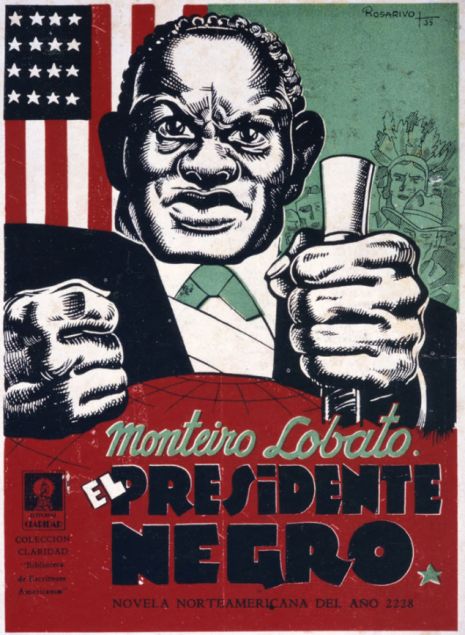
James Roy Wilde
Imagined in: O Presidente Negro, 1926 Brazilian sci-fi novel set in United States
Rise to Power: Elected in 2228, when white vote splits between sex-segregated eugenicist parties. Dies mysteriously before he can take the oath of office.
Image: Claridad Coleccion
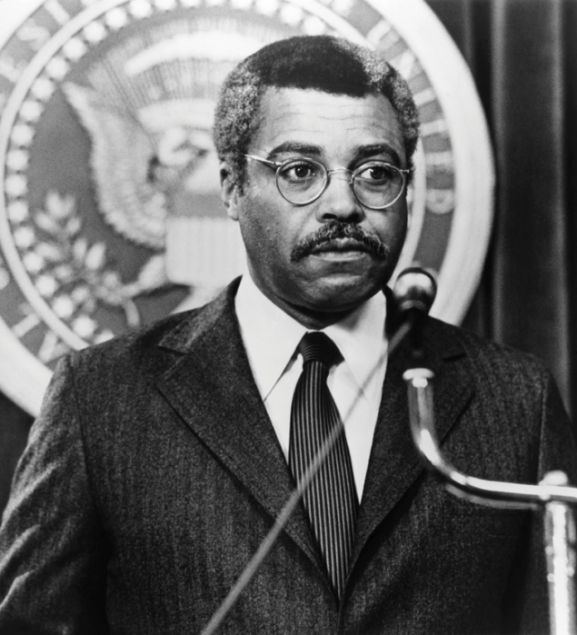
Douglas Dilman
Imagined in: Irving Wallace’s 1964 novel The Man, later a movie starring James Earl Jones
Rise to Power: House speaker Dilman assumes office after president and veep die. Impeached for uppityness.
Image: Everett Collection
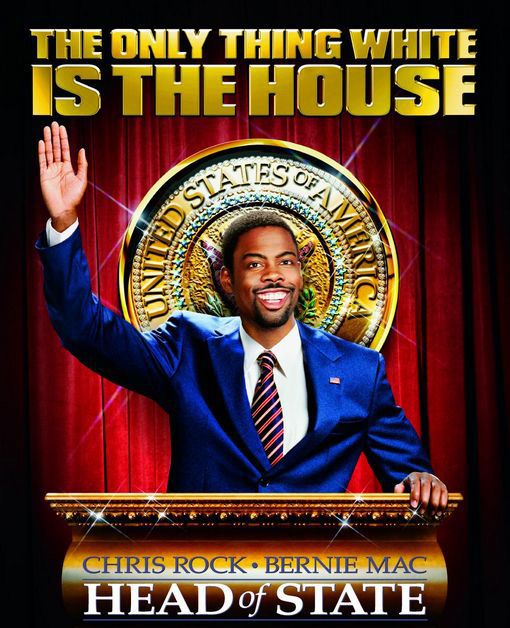
Mays Gilliam
Imagined in: Head of State, a forgettable 2003 Chris Rock comedy.
Rise to Power: Cynical Dems nominate Gilliam as a sure loser. Blue comedy and economic populism win over voters.
Image: Dreamworks

David Palmer
Imagined in: 24, a post-9/11 torture-porn TV drama.
Rise to Power: Beats incumbent, gets poisoned. Sits out election, gets shot by sniper dispatched by his former VP.
Image: Fox
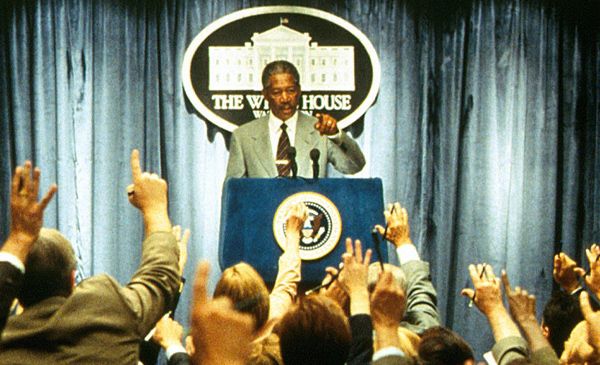
Tom Beck
Imagined in: Deep Impact, 1998 disaster flick starring Morgan Freeman.
Rise to Power: Declares martial law as comet heads toward Earth. Rebuilds US Capitol after tsunami wipes out East Coast.
Image: Globe Photos/Zuma

Robby Jackson
Imagined in: Tom Clancy’s 2003 thriller The Teeth of the Tiger
Rise to Power: VP Jackson assumes office when prez retires. Assassinated by KKK member.
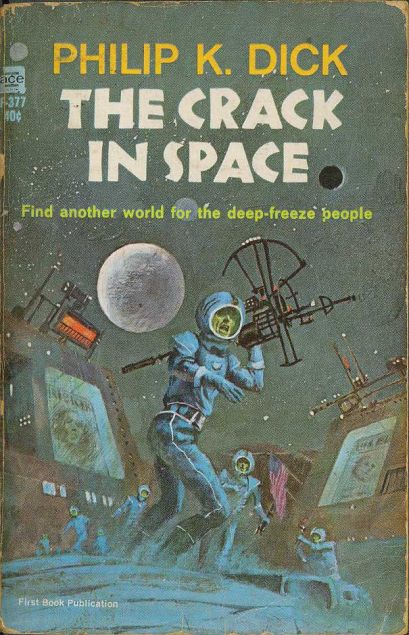
Jim Brisken
Imagined in: Philip K. Dick’s 1966 sci-fi novel The Crack in Space
Rise to Power: Elected in 2080. Domestic racial issues take a backseat to conflict with a hominid race on “alter-Earth.”
Credit: Ace Books/Coverbrowser.com













